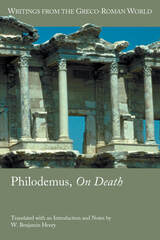118 start with A start with A
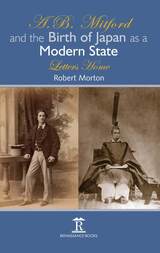
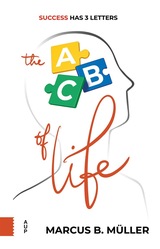
This book comes closest to being the definitive manual for life. It is based on over 50 years of groundbreaking scientific research on self-determination theory which has produced a structural approach to social interaction—the ‘ABC of life’—as a concrete and actionable approach to success. For if you do not understand how people function, you will find it difficult to succeed in business, education, health, sports—or indeed almost any facet of life.
The past 50,000 years of human evolution highlight why the ABC of life is so powerful: it is grounded in our human nature! This book explores the power of the ABC of life and explains how it can transform lives and achieve lasting success for individuals, teams, communities, societies, and our human species.
Drawing on astounding examples from scientific experiments and real-world cases, Marcus B. Müller combines fascinating insights from neuroscience, social and evolutionary psychology, anthropology, biology, medicine, and his own cutting-edge research to produce this entertaining, inspiring, and revolutionary manual for life. This book is a must-read for all those seeking ultimate and lasting success in their professional as well as personal lives.
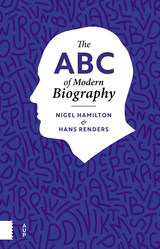
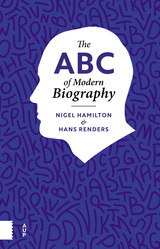

Motivation is the key to our lives. Whether at work, at home, at school or on the sports field, we constantly need to find ways to motivate ourselves and those we support. What if, instead of motivational tricks, we could rely on a positive, universal, and surprisingly simple point of view: that of Self-Determination Theory? Validated by science, this approach is based on the principle that people have a natural tendency to invest themselves, but they just need to be psychologically nourished, so they feel autonomous and competent, and belonging in the right place. No stick, carrot or other form of control has the power and quality of this source of energy that allows people to grow and make them happy.
Packed with examples and lists of questions to help us move from theory to practice, this book will change the way we are and the way we do things. Step by step, it explains the principles of Self-Determination Theory and the research that led to their discovery, and invites us to apply them for the greater well-being of ourselves and our colleagues or subordinates.
This book is one of the first to present this analysis that is valued the world over, as witnessed by the four international experts who co-authored it.
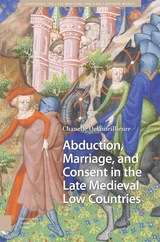
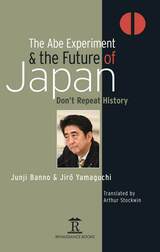
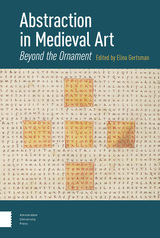
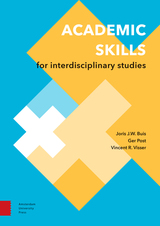
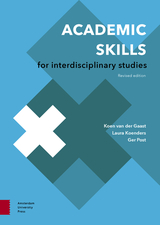
As an interdisciplinary student, you delve into theories and research methods from a whole range of disciplines. Academic skills are the tools that you can use to take in, develop, integrate and question knowledge. This guide provides specific instructions, tips and examples to help students develop these skills, both during and after their studies.
As academic education focuses on research, the empirical cycle forms a key theme of the book, including when discussing the following skills:
- Searching for, critically reading and analysing scholarly texts
- Formulating research questions
- Making concepts measurable, qualitatively and quantitatively
- Organizing literature and data
- Analysing and formulating an argument
- Academic writing
- Collaborating
- Reflecting
- Presenting
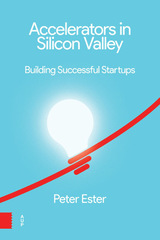

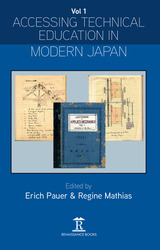
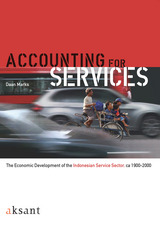
The most intriguing question about Indonesia’s economic development during the twentieth century is why the country’s growth performance has been so erratic and displayed such a high degree of discontinuity. This is connected with the fundamental question about the nature of long-run economic development in Indonesia.
So far the economic historiography of Indonesia has been less systematic than what the available source material would permit. Indonesia is exceptionally well endowed with rich statistical sources, which carry the potential of supporting a rigorous and systematic quantitative approach to vital questions concerning the economic growth performance in the long run.
This book takes such an approach and presents new estimates for the long-run growth of the Indonesian service sector, and analyses the role of the various service sectors in economic development. Linking empirical and theoretical analysis in a creative fashion, Daan Marks provides a rich and original contribution to our understanding of the economic history of Indonesia. He shows that the service sector has played a crucial role in Indonesia’s economic development. Or in other words, to fully understand Indonesia’s economic development path sevices need to be accounted for.

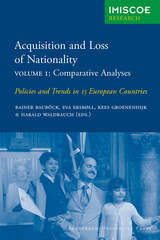
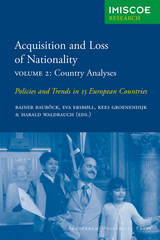
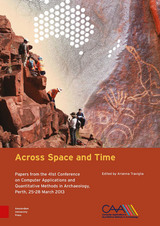
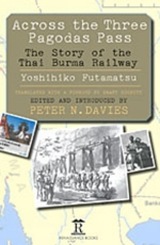
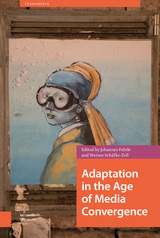
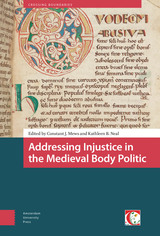

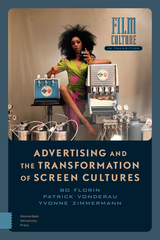
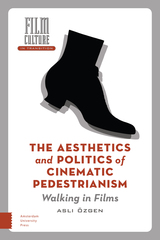
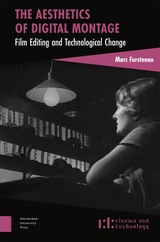
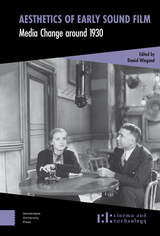
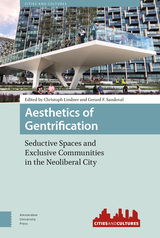
In this context, how do contemporary creative practices in art, architecture, and related fields help to produce or resist gentrification? What does gentrification look and feel like in specific sites and communities around the globe, and how is that appearance or feeling implicated in promoting stylized renewal to a privileged public? In what ways do the aesthetics of gentrification express contested conditions of migration and mobility? Addressing these questions, this book examines the relationship between aesthetics and gentrification in contemporary cities from multiple, comparative, global, and transnational perspectives.
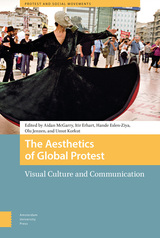

This book reveals how expression, emotion and agency are central to fan activity. Fans are highly adept at transmedia, as well as the critical use of different media and platforms. Fandom can apply to wider concepts within new media, the humanities and design, as the authors in this collection show. They also rely on different approaches, ranging from textual analysis to different forms of ethnography. Overall, Affect in Fandom offers a deliberately diverse exploration of exactly what contemporary fans create and curate, and how.

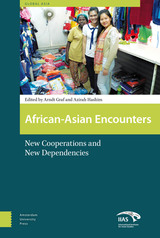
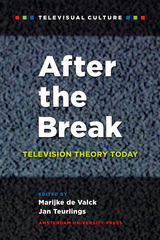
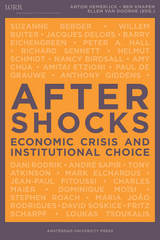
Although it would be premature to presume to identify the exact repercussions of the current economic crisis, it is clear that it will have profound effects in the political, economic, and social spheres. Written in the midst of the deepest economic crisis since the Great Depression, Aftershocks contains twenty-four essays—based on interviews with scholars, prominent European politicians, and leading figures from business and banking—that reflect on the origins of the crisis as well as the possible social, economic, and political transformations it may engender. Among the many contributors are Barry Eichengreen, Tony Atkinson, David Soskice, Nancy Birdsall, Amitai Etzioni, Helmut Schmidt, and Jacques Delors.

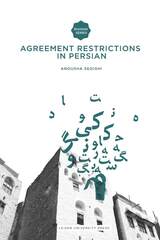
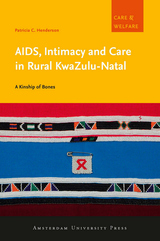
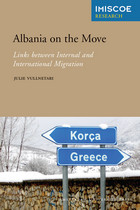
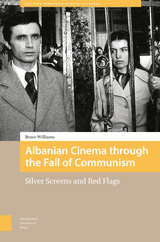
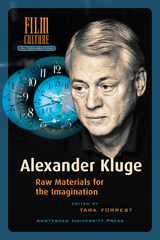
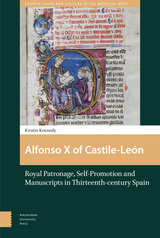

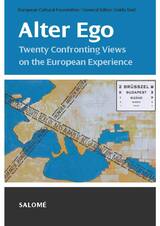


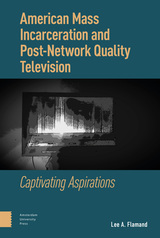
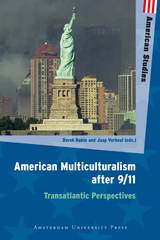
This groundbreaking volume explores the multicultural debate that has evolved in the United States and Europe since the cataclysmic events of 9/11. Instead of suggesting closure by presenting a unified narrative about cultural diversity, national identity, and social stratification, the essays in this well-balanced collection present a variety of perspectives, each highlighting the undiminished relevance of key issues such as immigration, assimilation, and citizenship, while also pointing to unresolved conflicts over universalism, religion, and tolerance. Most importantly, this volume shows that the struggle over multiculturalism is not limited to the political domain, but also has profound cultural implications. American Multiculturalism after 9/11: Transatlantic Perspectives is an invaluable, thought-provoking addition to the debate about multiculturalism as central to the study of the United States in a global context.
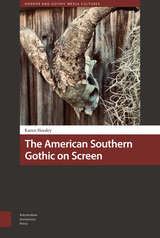
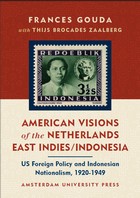
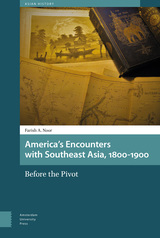

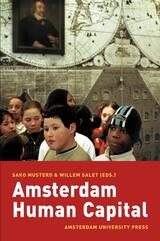
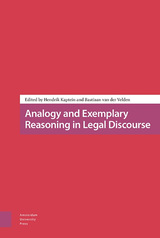
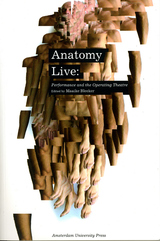
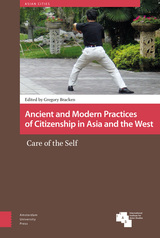

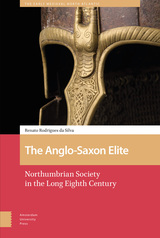
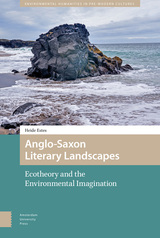
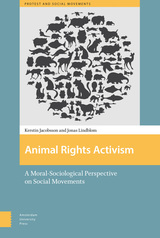
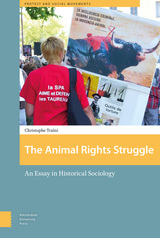


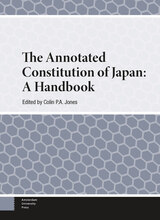
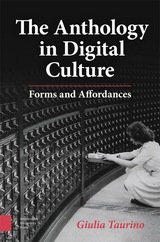
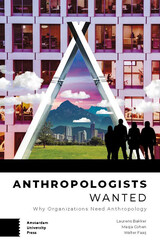
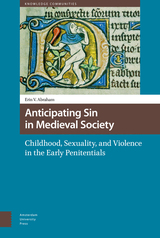
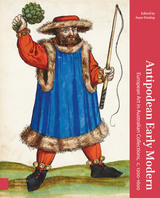
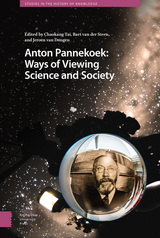
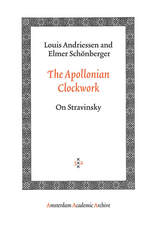
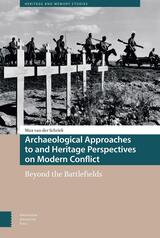

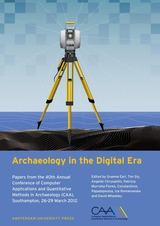

This volume is a case study discussing the pathway to complexity of one of the regions that contributed to the formation of this large state:south-east Italy. It highlights how initially small groups developed into complex societies, how and why these adapted to increasingly wide horizons, and how and why Italic groups and migrants from the eastern Mediterranean interacted and created entirely new social, economic, cultural and physical landscapes. This synthesis is based on research carried out by many Italian archaeologists and by research groups from quite a variety of other countries.
Amsterdam Archaeological Studies is a series devoted to the study of past human societies from the prehistory up into modern times, primarily based on the study of archaeological remains. The series will include excavation reports of modern fieldwork; studies of categories of material culture; and synthesising studies with broader images of past societies, thereby contributing to the theoretical and methodological debates in archaeology.
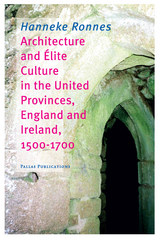
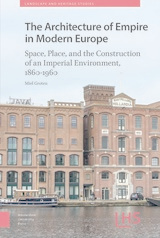
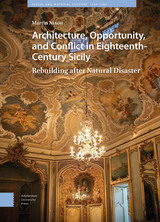
This is the first book-length study in English of this interesting area of early modern architecture. Rather than seek to address all of the towns, five case studies discuss key aspects of the rebuilding by approaching the architecture from different scales, from that of a whole town to parts of a town, or single buildings, or parts of buildings and their decoration. Each case study also investigates a different theoretical assumption in architecture, including ideas of the Baroque, rational planning, and the relegation of decoration in architectural discourse.
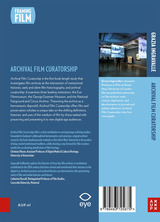
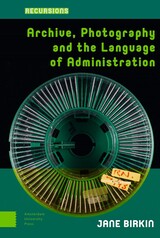

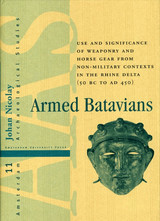
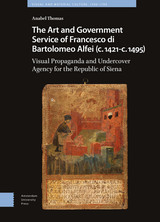
In a wide ranging analysis of mainly unpublished records, focussing on the artist’s association with key members of Sienese society, fellow artisans and government officials, Thomas concludes that Francesco di Bartolomeo Alfei might have honoured his contract had he not become immersed in the military strategy, diplomacy and visual propaganda of the Republic of Siena.
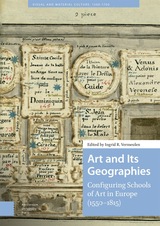
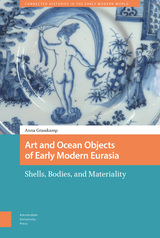
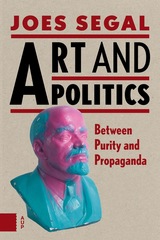
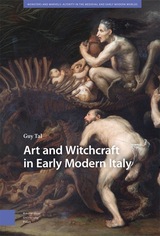

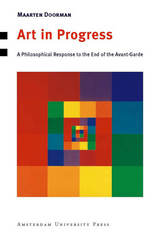
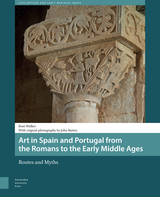
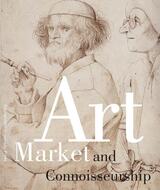

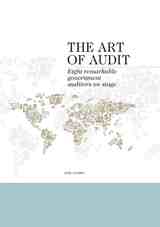
On the occasion of the retirement of Saskia J. Stuiveling as the president of the Netherlands Court of Audit, eight (former) heads of audit institutions talk candidly about their work and innovations in the area of public auditing, about how the financial crisis affected their profession, about the advent of open data and about the need for new skills to audit the oil industry. Each of them - Faiza Kefi (Tunisia), Josef Moser (Austria), Terence Nombembe (South Africa), Heidi Mendoza (Philippines), Alar Karis (Estonia), David Walker (USA), John Muwanga (Uganda) and Abdulbasit Turki Saeed (Iraq) - has made a difference in his or her country, often under difficult, adverse and sometimes outright dangerous circumstances.
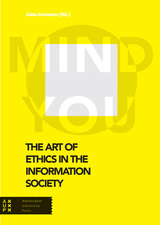

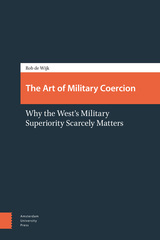
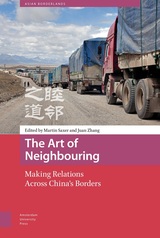
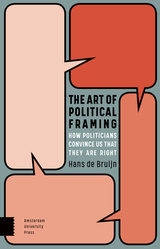

The Art of Regenerative Educatorship offers a hands-on exploration of what it means to answer the call of the regenerative current in the field of education. Grounded in the principles of living systems thinking, this book explores the principles and practices of bringing regeneration into educational spaces. Drawing from a variety of case studies, personal stories and regenerative frameworks, it will inform and inspire your educational artistry.
You will find guidance to:
• Engage in practical exercises to help transform your educational practice
• Navigate the interwoven inner, communal, and whole-system paths of regeneration
• Develop four core capabilities to regenerate your practice
• Lead collaboratively, rooted in the core virtues of love, presence, and courage
The Art of Regenerative Educatorship is a vital resource for those seeking to breathe new life and purpose into their educational practice, in service to their community, (eco)system and society.
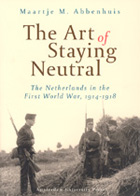
This book is a major contribution both to the study of neutrality and the domestic history of the Netherlands.
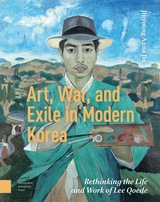
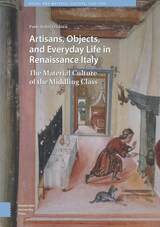
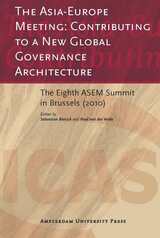
READERS
Browse our collection.
PUBLISHERS
See BiblioVault's publisher services.
STUDENT SERVICES
Files for college accessibility offices.
UChicago Accessibility Resources
home | accessibility | search | about | contact us
BiblioVault ® 2001 - 2025
The University of Chicago Press





